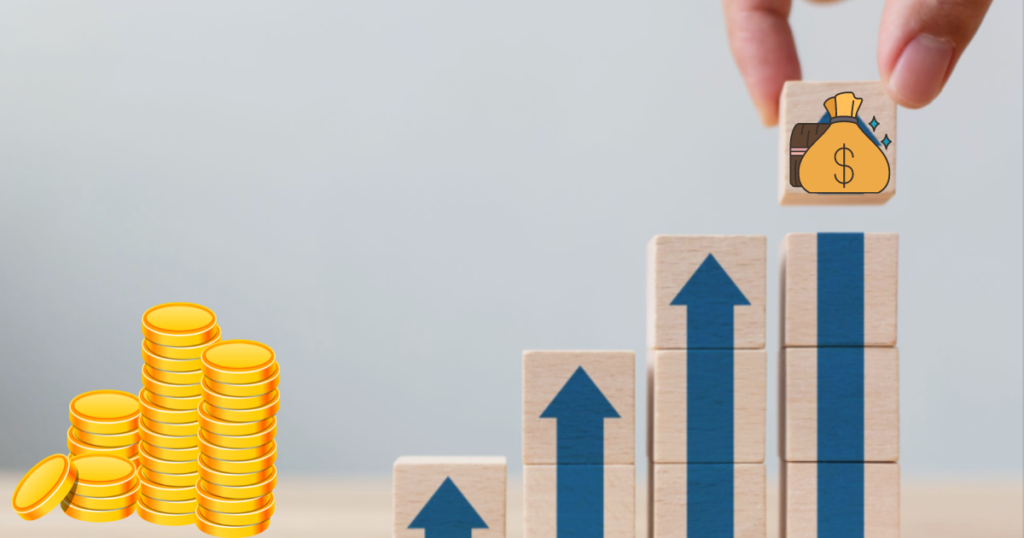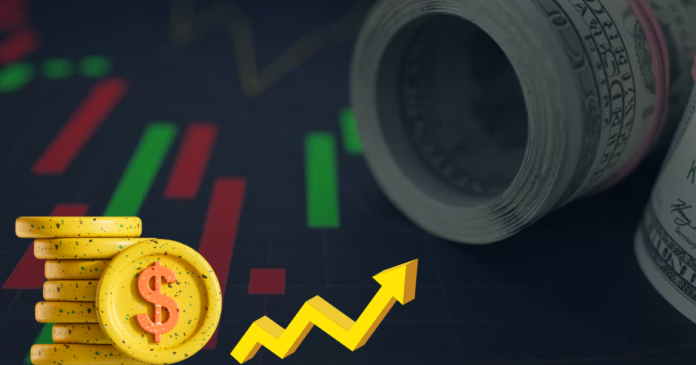How to invest in your 20s? How to make your first Million? In your 20s, you might be traveling, figuring out who you are as a person. Maybe you’ve even made some mistakes along the way. It happens. But where you shouldn’t be making mistakes is with your finances and saving for retirement. Quick hold up on thinking about retirement in your 20s! It’s not as crazy as it sounds, because having enough money to live on during retirement will probably be the largest financial goal of your life.
How to invest in your 20s? For example, if you retire making $75,000 a year, you’d want to live off $60,000 annually. To put that into perspective, $60,000 annually is the equivalent of making approximately $20 per hour. According to US census information, the average retirement length is 18 years. In that time you can expect to spend roughly $1.08 million, though this figure does not take certain factors into account, such as inflation, taxes, additional investment growth, or living longer than average. Still, you need to start saving now and not just saving that’s because of an important financial principle known as compound interest.
Example
How to invest in your 20s? If you invested $200 per week for 30 years with a 7% rate of return, you would end up with about $1.08 million, close to the $1.0 million you need for retirement. Keep in mind, if you’re in your 20s and wanted to retire in your 60s, you’d have 40 years. So even more time for growth. Of that money, only $312,000 would be your own contributions. The other $700,000 would be due to compound interest. Sounds powerful, right?
Time
The takeaway is that in your 20s, you have something on your side: time. By the time you invest in something like this in your 60s, you’ll be leaving yourself with more time to reinvest and able to have your money make money—which can then make more money—kind of a nice ring to it doesn’t it? What you should be thinking about more than retirement during your 20s is what you need to do to set yourself up to be able to retire comfortably.

Save Emergency Fund
The first step in your 20s is to save up an emergency fund for three to six months worth of expenses. This cushion will prevent you from having to raise your retirement savings if your car breaks down or you find yourself without a job for a few months. Your 20s are often a decade where you’ve got the most time to recover in case of market downturns, thus it might make sense to put more money into stocks and less into bonds. But make sure you’re still diversified.
For example, index funds let you spread your money across hundreds of stocks or bonds. If you want to pick individual stocks, make sure you’re looking at different sectors, company sizes, and countries. So you don’t put all your eggs in one basket.
Risk
Of course, how much risk is appropriate can depend on your own tolerance for risk. Remember to love your 20s, but set yourself up for the future. Start an emergency fund, get rid of any high-interest debt, and sign up for a retirement plan. Invest in growth-oriented investments while you’re young enough to recover from a downturn. Now’s the time to be smart about your retirement! Cheers.
Related: How To Become A Millionaire from Home | Make Money
How To Make Your First Million | Millionaire Tips & Tricks You Should Know
Existing in the shadowy world between trope and meme is the notion that on the path of wealth, building a net worth of $1 million may seem like a far-fetched goal.
You don’t necessarily need to win a lottery, inherit a financial windfall or participate in get-rich-quick schemes to be a millionaire. Over time, your wealth can increase with patience, disciplined spending, careful planning, and consistent investing methods. How to make your first $1 Million Dollars?
One of the biggest obstacles to having a million dollars in the bank is the slow rate at which people save early in life. This is the easiest way to build your wealth start saving money as early as possible to take advantage of compound interest. As a newbie in finance, we need to understand compound interest.
What is compound interest?
It is simply interest on interest but its effect can be incredibly powerful.”A simple example is a $1,000 investment paying 5 percent annual interest. After a year, you would have $1,050. Then in year two, you would get 5 percent of $1,050, which is $52.50, totaling $1,102.50.”

Start to build up savings as early as possible because the longer you have money invested, compound interest will grow more than you may think. Strolling at the mall cashless is convenient but, we tend to become impulsive in our decisions. Since we couldn’t see our paper bills disappearing one after another, we may think it’s limitless. So, we really have to be strict with debt and credit.
Only borrow money or take on debt when it is absolutely necessary, and pay close attention to the interest rate that you are charged. Few people ever become wealthy just through saving. The amount you must invest to become a millionaire depends on what stage of life you are in. We need to learn how to INVEST OUR SAVINGS. You can afford to invest less money when you’re younger because you have more time to accumulate wealth and can tolerate more risk.
INVESTING IN A RENTAL PROPERTY is a common way for an individual to generate an income stream. It is similar to investing in that you take a sum of money to buy the property and the unit then returns a cash flow in the form of rent. Put aside cash for a down payment on a rental home with a healthy cash flow. Over time, your tenant will pay off the mortgage and you will own the property outright. Additionally, the asset value will increase, which will be beneficial to you.
Related: How to STOP Wasting Money | Money Saving Tips
You need to INVEST TIME in your career and master your craft because a good job is your best starting point towards building your first million. Once you are good at something, you will attract the right opportunities within your specialization, which will lead to quick progression. On the other hand, diversify your businesses and investments into various, non-correlated sources of residual income, in other terms, you need to develop several streams of income so that you’re never reliant on any one source. How about you? How many streams of income do you have? I hope you like this article about how to invest in your 20s and how to make your first Million. Do you want to know more about passive income read this and share it with your friends and family.

